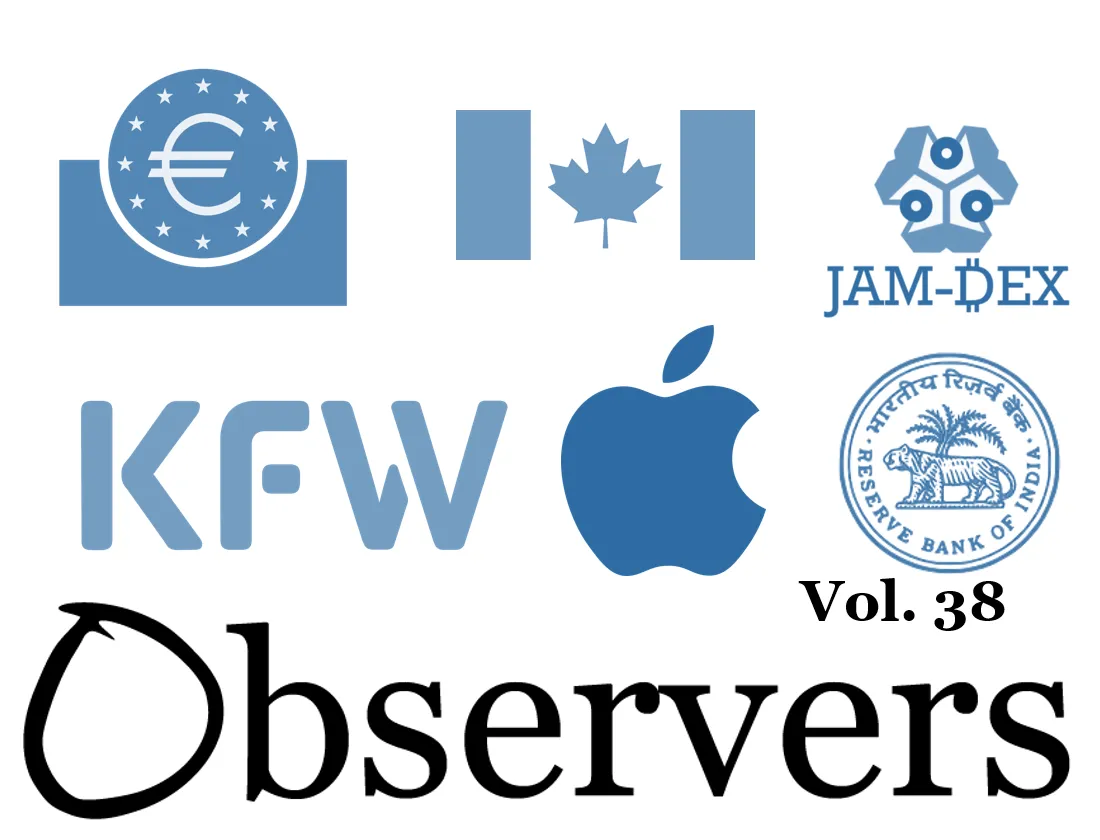

Apple opens NFC and SE. An association of German banks questions the value of the digital euro, while the only financial institution offering a wallet for Jamaica's CBDC claims it adds friction to the user experience.

Subscribe now and have access to all our stories, enjoy exclusive content and stay up to date with constant updates.
Already a member? Sign in